Diamond Jewellery for Weddings
Diamond jewellery has become very popular in the past few years. There was a time when brides wore a lot of gold on their wedding day. But not anymore! Now, the trend is shifting towards diamond, platinum and even silver jewellery.
While choosing diamond jewellery, be very careful! Identify good quality diamond by using the 5 C’s.
The 5 C’s of a diamond is the key to each diamond’s quality. To establish a diamond’s quality, you must examine each of the 5C’s: Carat Weight, Cut, Colour, Clarity and Certification. It is the overall combination of these that determines the value and beauty of a particular diamond.
Carat Weight
Carat weight is the most obvious factor in determining the value of a diamond. The larger a diamond, the rarer it is. We measure a diamond’s weight in carats, and there are 100 points to each carat. Therefore, a diamond that weighs 75 points would be three-quarters of a carat. Two diamonds of equal carat weights can have very different prices, depending on their quality.
However, diamonds of similar qualities can have different size ranges. Since diamonds are measured by carat weight, and not by size, two diamonds of the same weight could have different sizes.
Cut
The better cut a diamond, the more brilliant it is. While nature determines a diamond’s clarity, carat weight and color, the hand of a master craftsman is necessary to release its fire, sparkle and beauty. A well-cut or faceted diamond, regardless of its shape, scintillates with fire and light, offering the greatest brilliance and value.
The Ideal Cut
When a master cutter cuts a round brilliant diamond to ideal proportions, it becomes a true splendour!
The Ideal Cut Diamond describes a round brilliant diamond with exact cuts in mathematically proven proportions. Its symmetry, with 58 exactly placed facets, produces the ultimate in lustre and beauty. When a diamond is in ideal proportions, all light entering from any direction is totally reflected through the top and then, dispersed into a display of sparkling flashes and rainbow colours.
Colour
The less colour in a diamond, the rarer. Diamonds are graded by colour, starting at D and moving through the alphabet to Z, with D being the most colourless. While most diamonds appear white, usually all of them display some hint of colour. The colour of a diamond has the second biggest impact on the price, after carat weight.
Mostly, diamonds come in pink, yellow, blue, green and red as well as in standard white. Grading colourless diamonds involves deciding how closely a stone’s body colour approaches colourlessness. Rare colours such as blue, pink, purple or red are beautiful. However, they tend to be expensive.
Clarity
The purer the diamond, the more brilliant it is. The greater a diamond’s clarity, the more brilliant, valuable and rare it is.
Usually, all natural diamonds contain identifiable characteristics. Yet many are invisible to the naked eye. Diamond clarity is a measure of a diamond’s internal flaws and impurities. Practically, almost all diamonds contain naturally occurring internal characteristics called inclusions. The size, nature, location and amount of inclusions determine a diamond’s clarity grade and affects its cost.
A diamond that is virtually free of interior or exterior inclusions or flaws is of the highest quality, for nothing interferes with the passage of light through the diamond.
Certification
Lastly, the fifth C, the assurance of quality. Just as important as choosing the perfect piece of diamond jewellery, is having an outside opinion of the quality of the diamonds in them.
A diamond grading report is a quality certification from an independent gem laboratory. So you can rely not only on the opinion of the store you are purchasing your diamond jewellery from, but also that of a recognised gemological laboratory. A Certificate or Diamond Grading Report certifies a diamond as genuine.
To get shopping assistance, contact us: mail@tamarind.co.in
To know more about diamond jewellery for weddings:
www.malabargoldanddiamonds
www.bhima.in

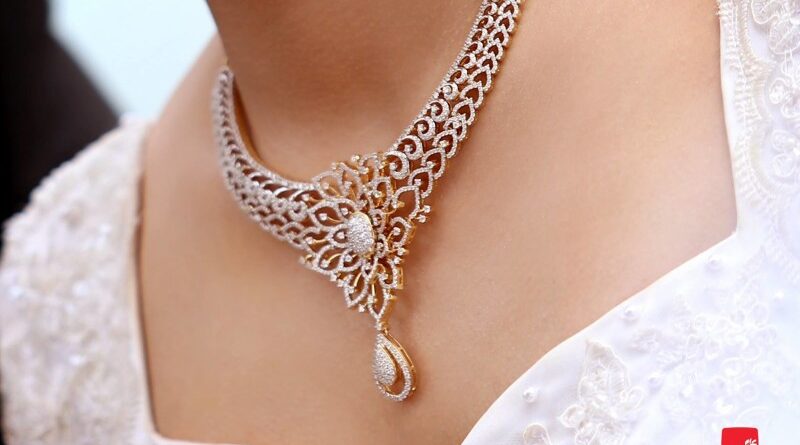




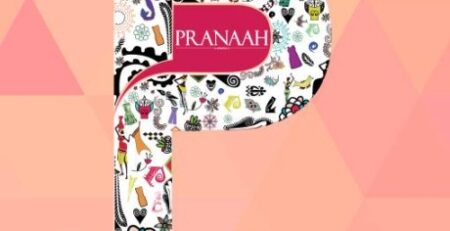
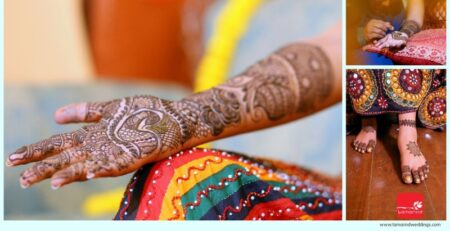
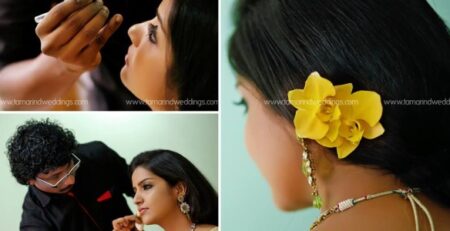
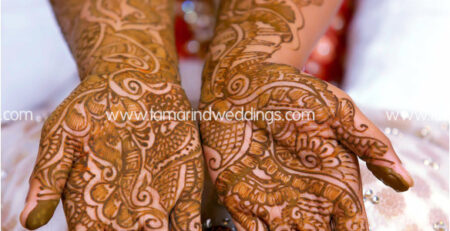

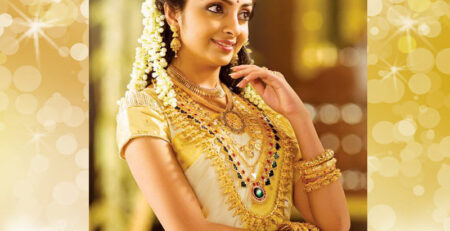



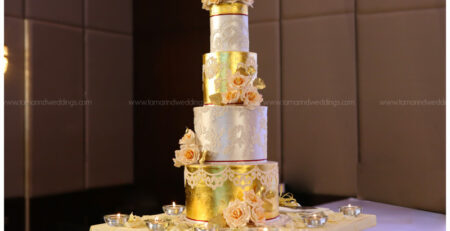
Comment (1)
Hi Tamadmin, great guide to diamonds very useful thanks 🙂